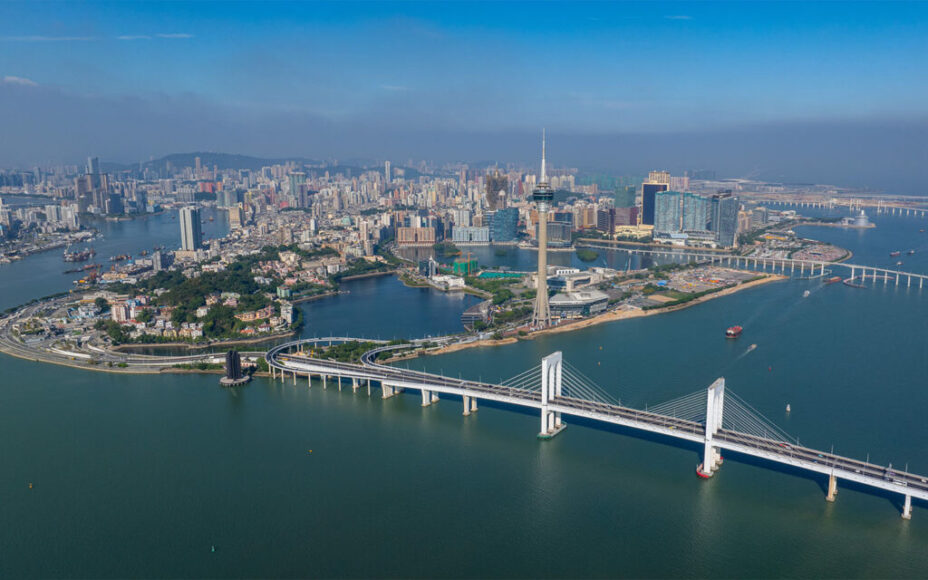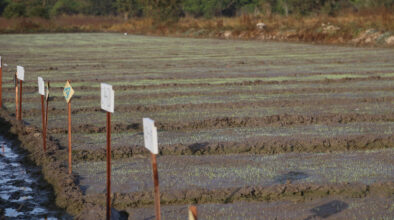Macao is strategically advancing its role as a platform between China and Portuguese-speaking countries (PSCs), in full alignment with President Xi Jinping’s vision of openness, shared advantages and international cooperation. This is evidenced by its emergence as a commercial and trade services hub for PSCs’ small and medium-sized enterprises (SMEs) engaging with China; a food distribution centre for products from PSCs; and a convention and exhibition centre promoting economic and trade cooperation between China, PSCs and the SAR.
The process of getting there has seen Macao leverage its unique historical ties and geographic advantages to facilitate cultural, economic and trade exchanges while adopting a pragmatic approach to innovation and economic diversification. Innovation is a collective goal in the SAR, requiring active participation from the government and all sectors of society, guided by national policies and frameworks. This collaborative approach ensures that innovation is not just a top-down directive but a shared vision embraced by businesses, educational institutions and the general public.
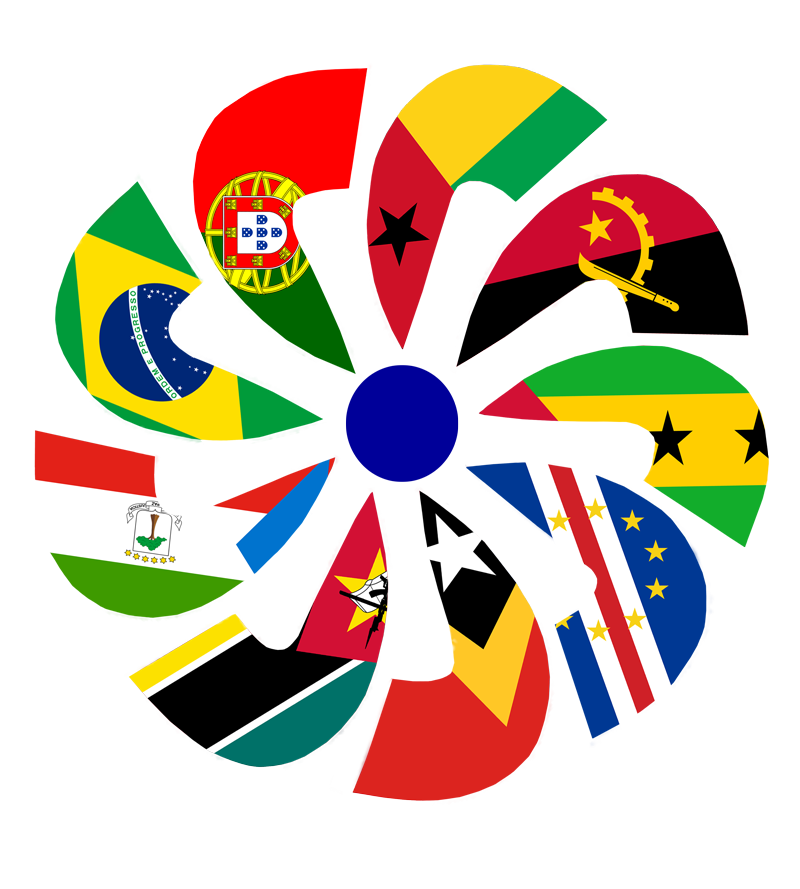
Moderate economic diversification, meanwhile, remains a top priority for Macao’s government. Its ‘1+4’ appropriate economic diversification strategy has integrated tourism remaining as the city’s core driver of gross domestic product while supporting four emerging industries’ development. These are namely big health (incorporating traditional Chinese medicine and wellness tourism), modern financial services, high and new technologies, and MICE (meetings, incentives, conventions and exhibitions) plus large-scale cultural and sporting events
The strategy is closely aligned with Macao’s ongoing integration within the Guangdong-Hong Kong-Macao Greater Bay Area (GBA) and the development of the Guangdong-Macao Intensive Cooperation Zone in Hengqin. The GBA, which includes major cities like Hong Kong, Guangzhou and Shenzhen, offers a vast market and numerous opportunities for collaboration: further GBA integration will see Macao tapping into a far larger pool of resources, talent and technological advancements. Similarly, Hengqin provides a strategic location for the SAR to expand its economic activities and foster innovation.
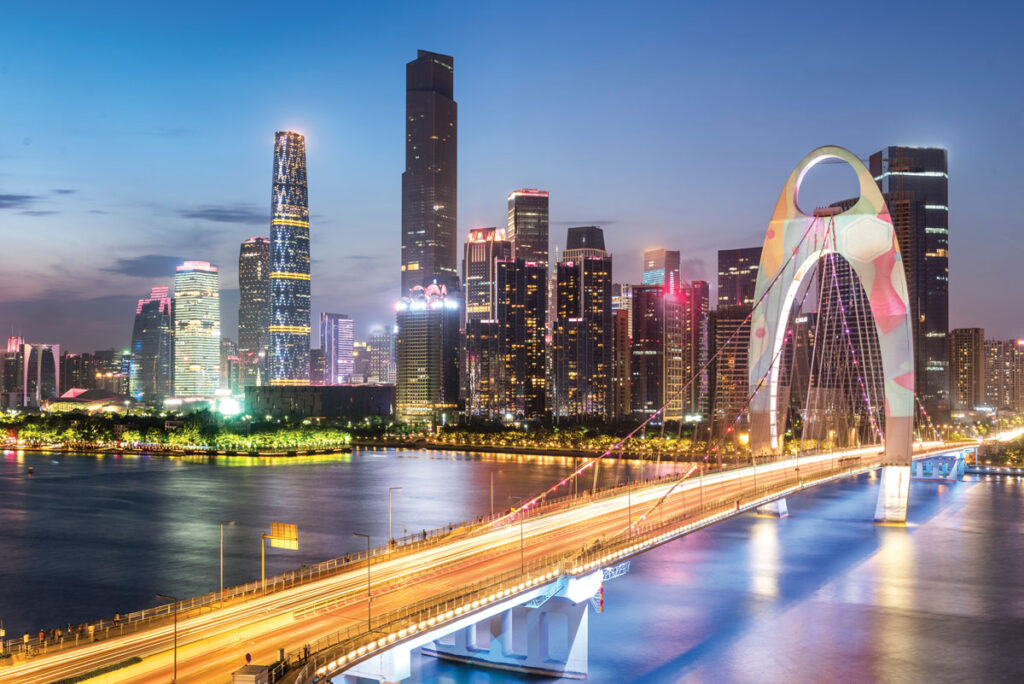
10 priorities for sustainable growth
I see 10 key priorities for Macao in the coming years.
1. Investing in education, skills development and people-to-people exchange
A skilled workforce is essential for economic diversification. Expanding educational opportunities, particularly for students from PSCs, and fostering bilingualism will strengthen Macao’s global competitiveness. Establishing an innovation fund, supported by the SAR’s concessionaires, can drive academic research and entrepreneurship.
2. Modernising Macao through e-governance and digital infrastructure
Investing in high-speed internet and smart city technologies, including Internet of Things (IoT) sensors, smart grids and intelligent transportation, will enhance urban management and quality of life. A robust e-governance system should offer online services such as business registration, tax filing and public service applications, supported by a secure digital identity framework. Digital literacy programmes and public awareness campaigns will ensure accessibility for all residents. Additionally, leveraging data analytics and open data initiatives will improve decision-making, while strong cybersecurity measures will safeguard sensitive information.
3. Strengthening public-private partnerships for sustainable development
Collaboration between government and industry is key to fostering economic diversification. Investment in renewable energy at micro and community levels can reduce reliance on fossil fuels. Establishing technology and innovation hubs, particularly in Hengqin, will attract startups and tech enterprises from China and PSCs. Expanding healthcare infrastructure and biotechnology research will also create new economic opportunities and improve public health.
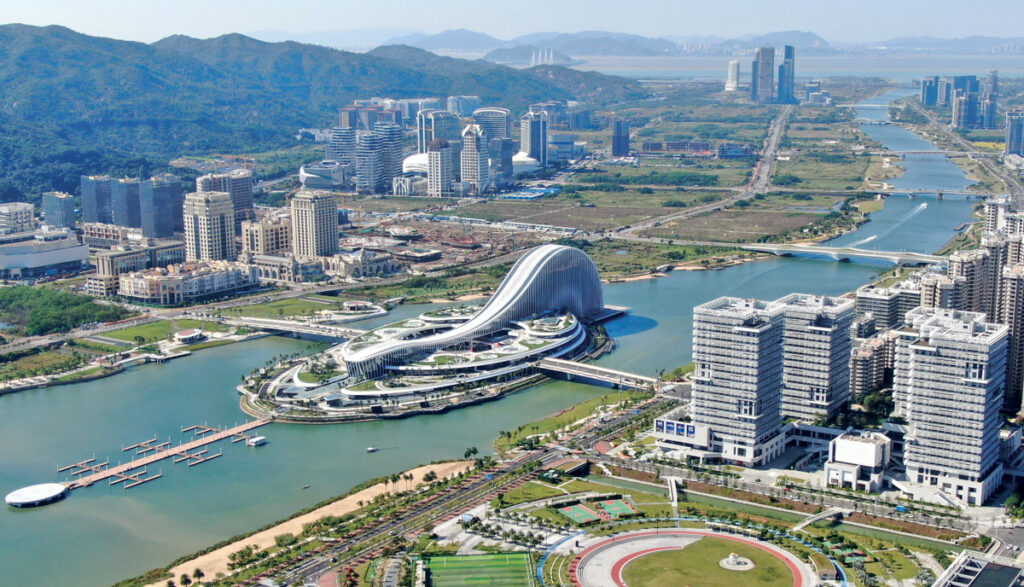
4. Linking research and development (R&D) to SMEs
Targeted financial and technical support for SMEs will stimulate entrepreneurship and innovation. Encouraging e-commerce, mediation and arbitration services, alongside cultural and business events, will facilitate informal networking and business expansion. Joint incubation programmes between China and PSCs can further enhance cross-regional collaboration. Investing in SME-focused R&D will drive the creation of new industries and competitive market solutions.
5. Enhancing infrastructure for regional connectivity
Developing transport, communication and energy infrastructure is crucial for regional integration. Strengthening air and maritime links between Macao, the GBA and PSCs will boost tourism and trade. Expanding Macau International Airport and increasing direct flights will enhance accessibility, while upgrading port facilities will improve cargo handling and streamline logistics. Accelerating the rollout of 5G technology and fiber-optic networks will facilitate seamless digital communication. Advanced logistics and supply chain management, including automation and digital tracking, will improve efficiency and support diverse industries.
6. Developing creative industries and media exchange
Investing in arts, culture and entertainment will diversify the economy and strengthen Macao’s cultural identity. Increased funding for museums, art galleries and music conservatories alongside large-scale cultural festivals, will enhance regional cultural engagement. Cross-boundary collaborations in film, theatre and media production will showcase shared heritage and attract wider audiences. Media partnerships between Macao and PSC organisations will facilitate content exchange and professional development, while digital platforms will promote local cultural narratives internationally.
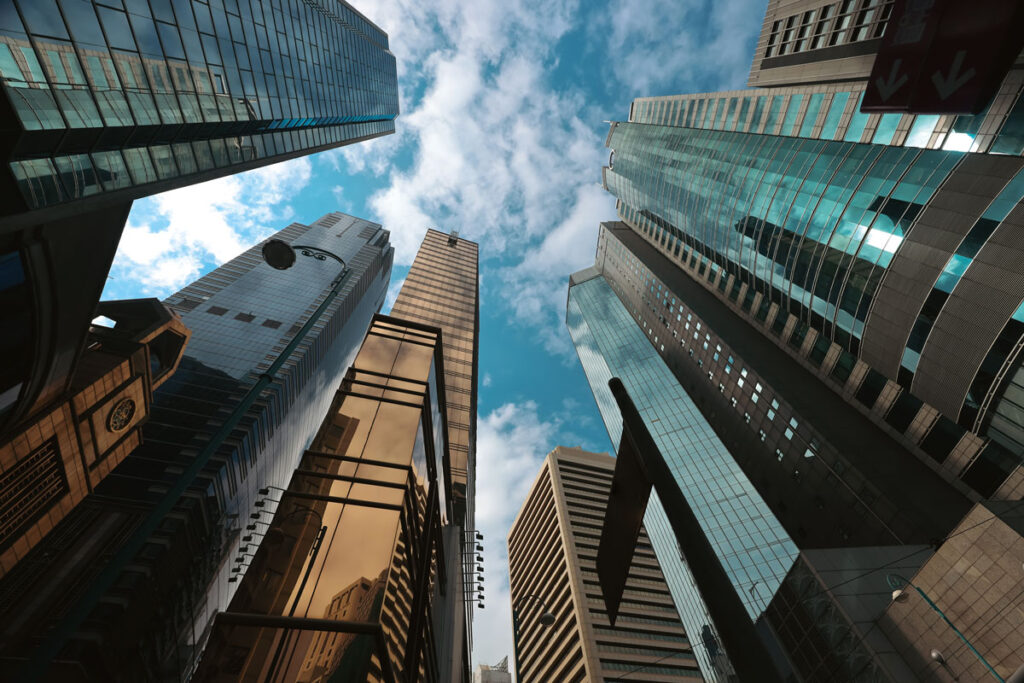
7. Advancing financial services and digital finance
Expanding financial products, including loans, insurance and investment funds, will support businesses of all sizes. Strong regulatory frameworks will ensure stability, transparency and investor confidence. Financial literacy programmes will empower residents and businesses to make informed economic decisions. The introduction of the digital pataca (e-MOP) will streamline transactions and integrate with digital currencies in the Chinese mainland and Hong Kong, enhancing financial connectivity. Supporting digital infrastructure, e-commerce platforms and cybersecurity initiatives will strengthen Macao’s position as a digital financial hub.
8. Smart and cooperative tourism development
Tourism growth requires strategic investment in infrastructure and marketing. Expanding the Macao Light Rapid Transit system, upgrading airport facilities and enhancing hospitality services will improve visitor experiences. Developing cultural and recreational attractions, such as museums and theme parks, will diversify tourism offerings. Digital marketing campaigns, partnerships with influencers and collaborative agreements with travel agencies will strengthen global outreach. Simplified visa procedures and streamlined boundary controls will enhance accessibility and encourage regional travel.
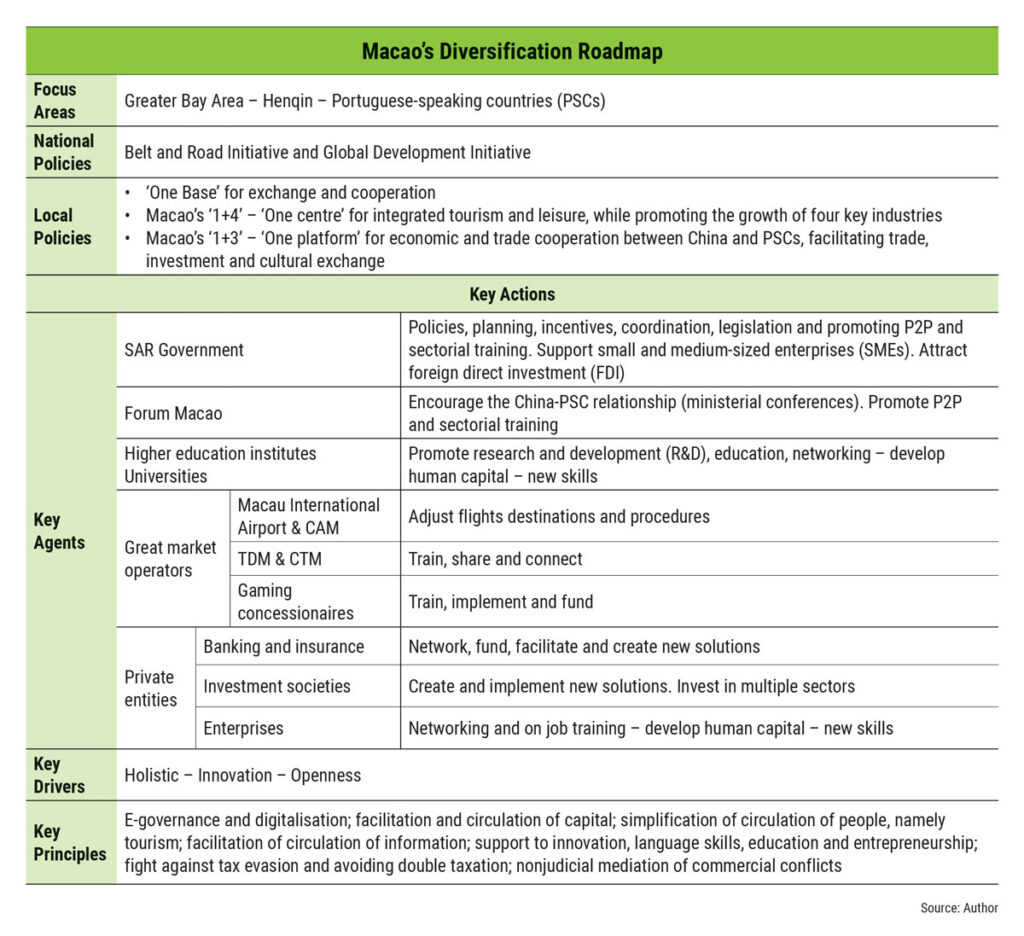
9. Enhancing trade policies for economic growth
Infrastructure investments in ports, airports and digital networks will support international trade. Promoting Forum Macao’s role in economic cooperation will strengthen ties with China and PSCs. Increasing engagement with local governments through trade missions and joint projects will maximise the forum’s impact and drive regional economic integration.
10. Attracting foreign direct investment (FDI) and regulatory reforms
A business-friendly environment is essential for attracting international investment. Incentives such as tax breaks, subsidies and streamlined administrative processes will encourage FDI. Highlighting Macao’s strategic location, skilled workforce and regional market access will enhance its investment appeal. Establishing investment promotion agencies will provide comprehensive support to investors. Regulatory reforms should modernise legal frameworks, simplify licensing and protect intellectual property to ensure a transparent and efficient business environment. Strengthening infrastructure and fostering joint ventures between Macao, the GBA and PSCs will drive sustainable regional development and economic growth.
The Role of Openness in Macao’s Future Development
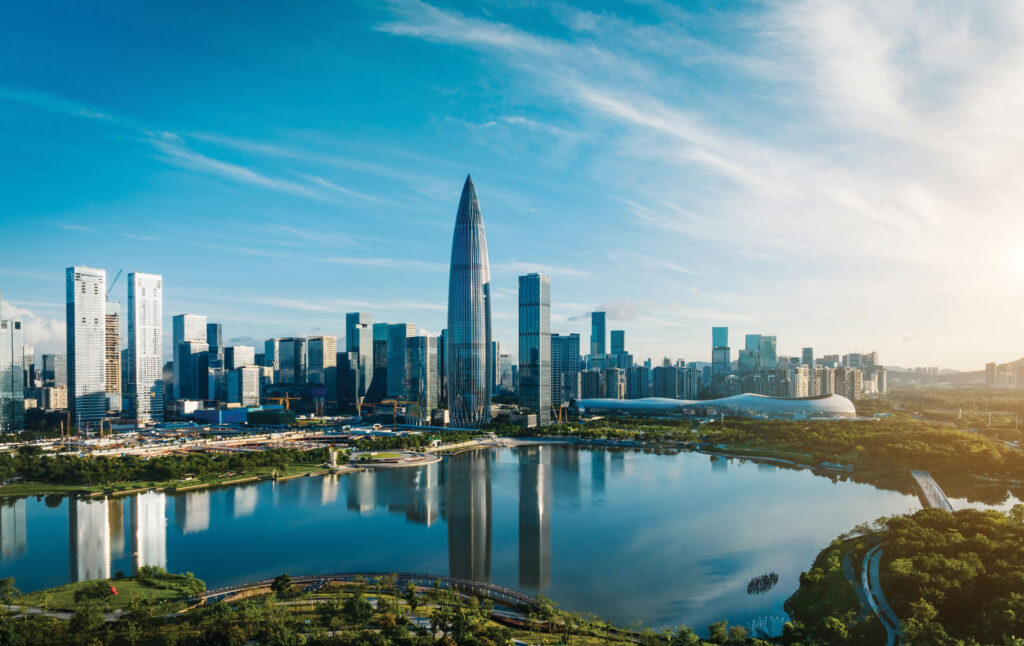
A commitment to openness is essential for Macao’s diversification strategy, as it enables the flow of ideas, talent and capital. This in turn is what allows businesses to adopt best practices, tap into global supply chains and leverage advanced technologies.
Openness is multifaceted. Economic openness encourages global investment, trade and financial integration, for instance. Technological openness allows access to cutting-edge innovations and global expertise, while cultural openness fosters mutual understanding and cooperation between diverse communities; that’s the concept of ‘making friends’.
Making friends is incredibly important when building strong, lasting relationships with international partners, leading to sustainable development and mutual prosperity. Indeed, Macao’s ability to establish friendly relations with PSCs based on shared history and heritage speaks to its natural talent for cultural diplomacy. Cultural diplomacy builds the trust and cooperation that is crucial for successful international partnerships.
Guided by Xi’s vision, Macao is embracing an open and pragmatic approach to economic diversification that combines internal strengths, cross-boundary cooperation and global outreach. By consolidating its role as a bridge between China and PSCs, Macao is advancing its own economic transformation and positioning itself as a key player in the GBA while ultimately contributing to China’s broader national development goals.
